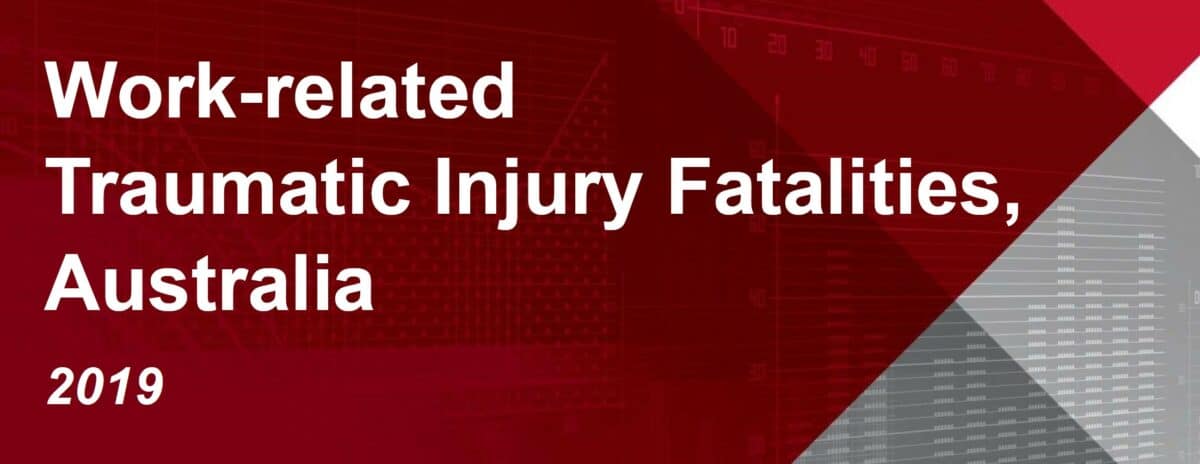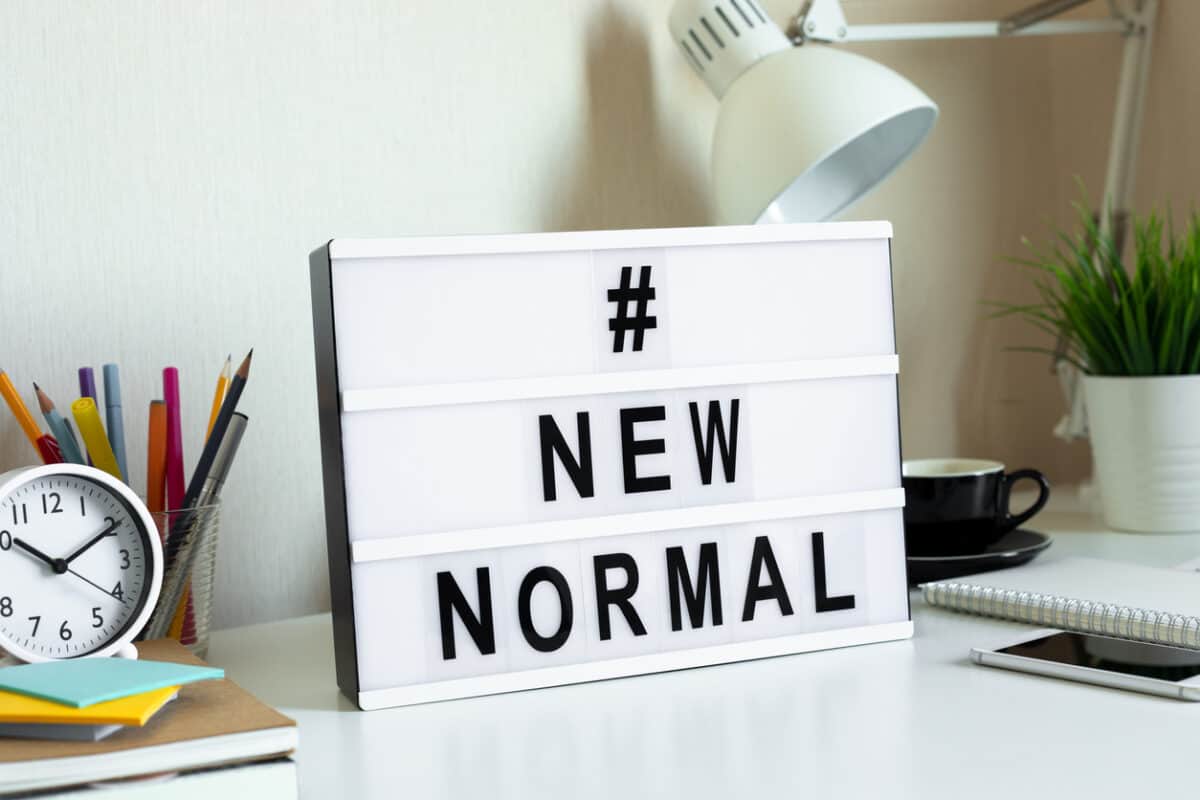Infographics are increasingly used to summarise sometimes quite complex reports about occupational health and safety (OHS) matters. But often the nuance of the facts being depicted are stripped away in the translation process. There is one graphic that is repeatedly used in the context of mental health that seems to misrepresent reality for the sake of clarity.
Category: mental-health
Thanks, but we need more
Statistics are vital to any decisions about occupational health and safety (OHS). Safe Work Australia (SWA) does a great job providing statistical packages based on the data sources it can access. Last week SWA released its 2019 report on “Work-related Traumatic Injury Fatalities” which identified vehicle collisions as, by and large, the most common cause of worker fatalities. This category may be a surprise to many readers but perhaps the most important part of the report is what is omitted.
Evidence of COVID19 anxiety AND optimism
One of the first research reports into the psychological impacts of the COVID19 pandemic has been published in the Medical Journal of Australia. It studied the first month of the infection’s appearance in Australia and seems much more evidential than some of the marketing-based survey reports that have also appeared in the last three months. Below is a reformatted summary of findings from the report’s Abstract:
- “The estimated prevalence of clinically significant symptoms of depression was 27.6% and
- of clinically significant symptoms of anxiety 21.0%
- 14.6% of respondents reported thoughts of being better off dead or self-harm on at least some days and
- 59.2% that they were more irritable.
- An estimated 28.3% of respondents reported great optimism about the future.”
The structure of this study was limited to a specific timeframe – April 3-May 3 2020 – so it is no surprise that most of the respondents who had contracted COVID19 were from New South Wales which had outbreaks from the Ruby Princess cruise ship and several aged care facilities prior to the survey period.
Concussed sportspeople are workers too
David Michaels devoted a whole chapter to sport-related concussions and brain damage in his 2020 book “The Triumph of Doubt“. He wrote about how the National Football League obfuscated over the appearance of concussions and chronic traumatic encephalopathy, and how the the NFL downplayed the injury’s significance by referring to repeated head trauma as Mild Trauma Brain Injury.
The Australian experience is different and this was examined recently in an excellent edition of the ABC radio program, The Ticket. Significantly several interviewees mentioned the injuries in relation to occupational health and safety (OHS) and workers compensation.
A respect at work council is not enough
Australian discussions about workplace bullying and sexual harassment at the moment is in a mess indicating that insufficient work has been spent on clarifying what these terms mean, how the consequences are managed and whether the harm can be prevented.
In Parliamentary debate on the 2020 Budget, the Liberal Party’s Sussan Ley, said:
“The Morrison government will establish a respect at work council to provide practical support to employers and employees to prevent and address sexual harassment in Australian workplaces. We know it’s a barrier to women’s workforce participation, particularly for women working in male-dominated fields, and the government is committed to eradicating it from Australian workplaces.”
page 100, Hansard
Respect and countering incivility are important in building a workplace culture that is equitable and safe. However a discussion on sexual harassment of women by a Federal Government Minister in November 2020 rings hollow when the government has still to respond to a world-leading inquiry into sexual harassment in workplaces handed to them early this year.
Clues to the “new normal” of work
The COVID19 pandemic has devastated many countries but it has also created business opportunities. Recently workplace IT company Skedulo released a whitepaper about the new work normal. The document is essentially a marketing strategy but there are some hints about workplace change that may be of interest to occupational health and safety (OHS) advocates and professionals.
The certainty of diagnosis
Occupational health and safety (OHS) is not famous for its certainty. The days of prescriptive compliance to OHS laws are, probably, never to return. But the flexibility offered by modern OHS laws and the pervasiveness of “reasonably practicable” has complicated the management of workplace health safety by increasing that uncertainty.
The attention being given to workplace mental health, over the last 20 years and since work-related stress was identified as a major problem, has highlighted this flexibility/uncertainty. However, some certainty on workplace mental health is accessible if one is prepared to challenge the dominant workplace wellness paradigms.







